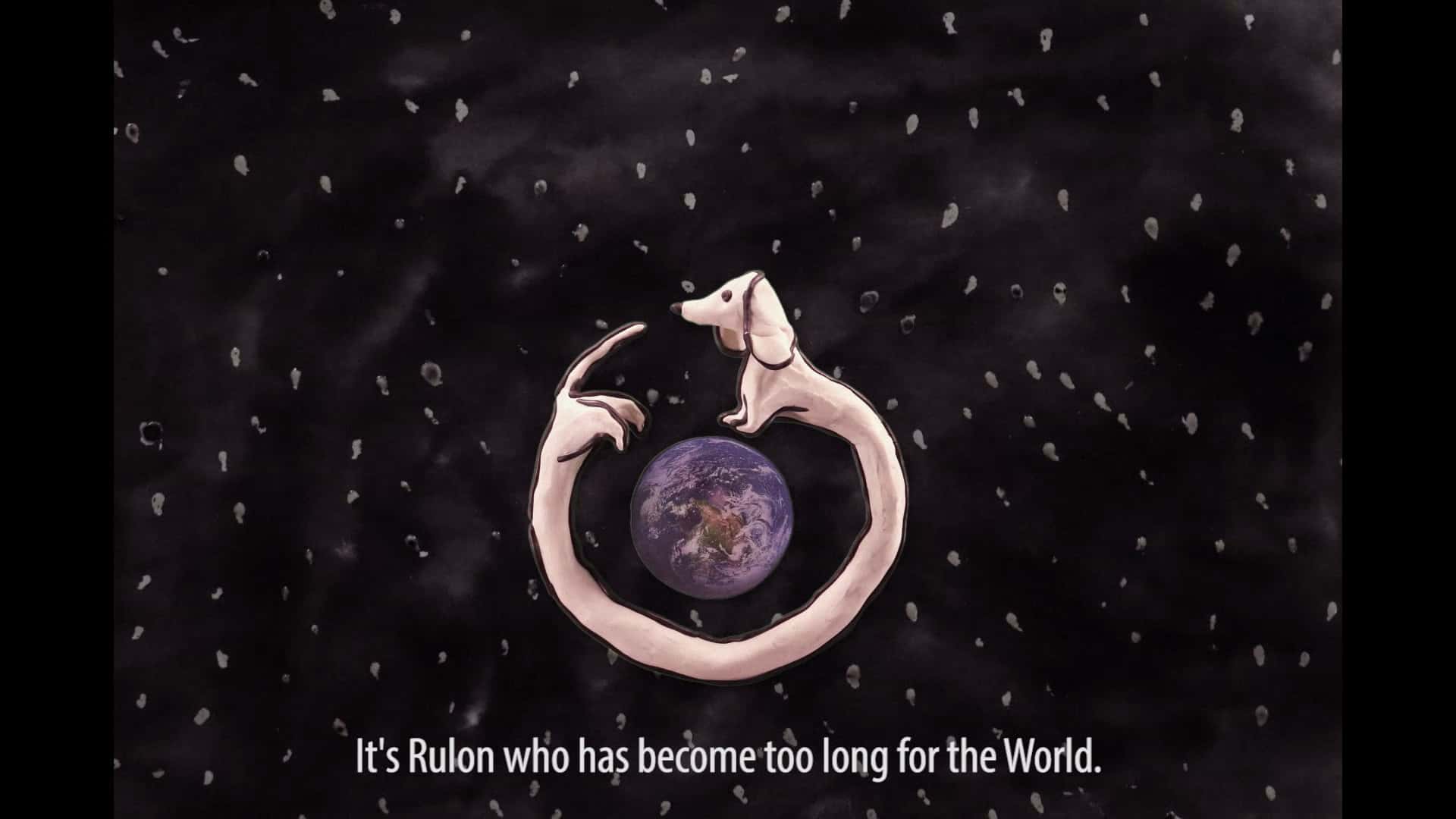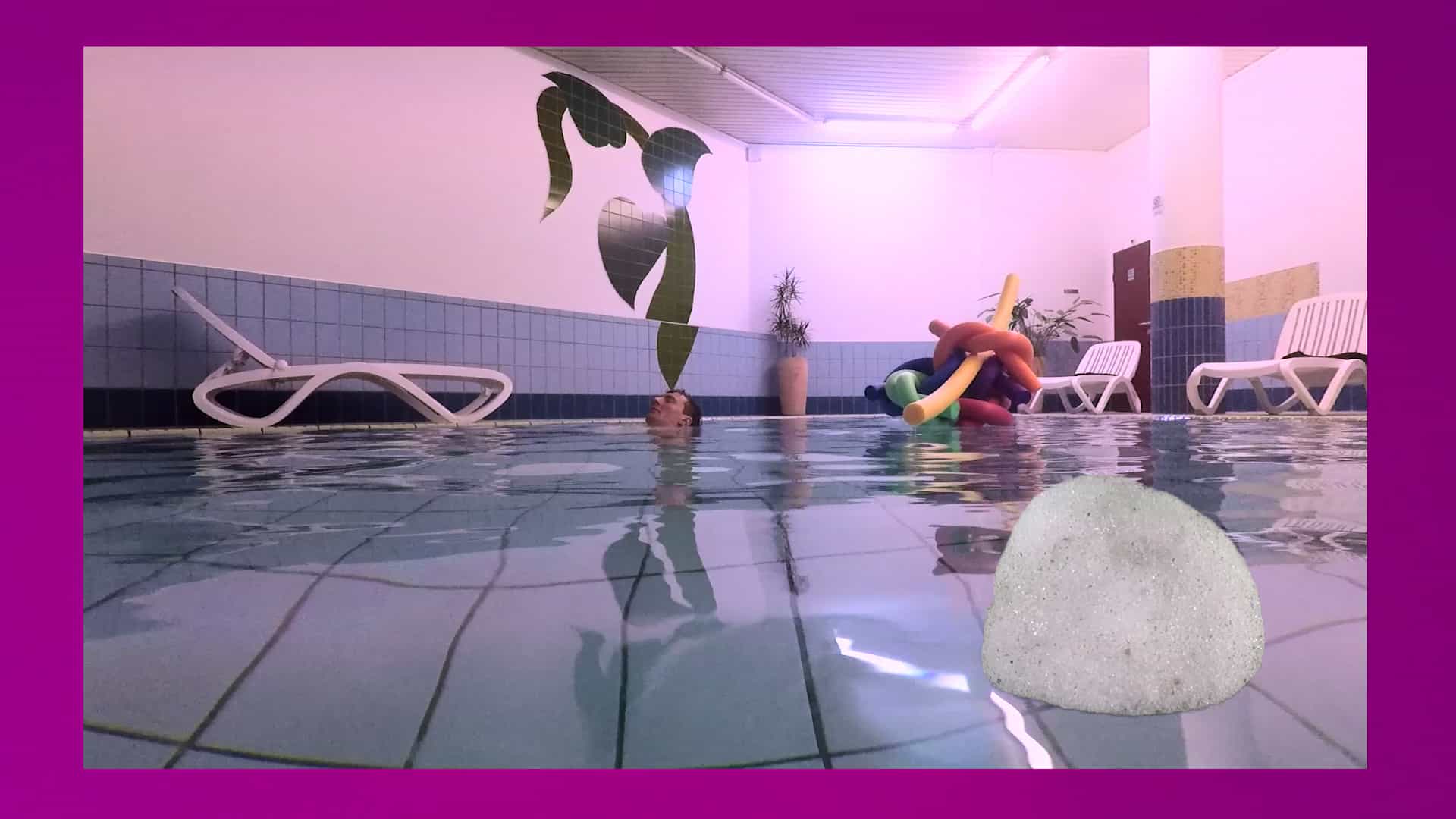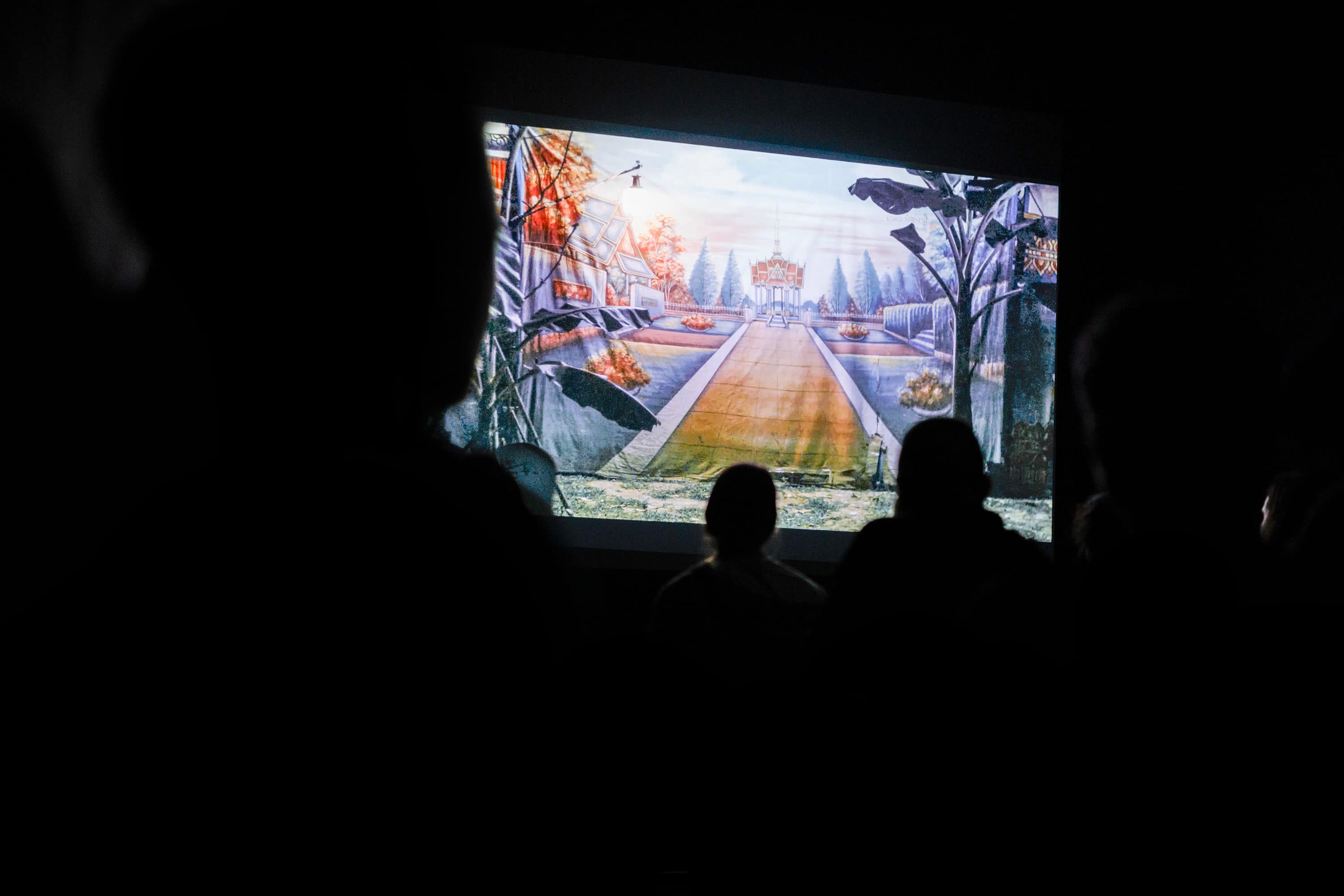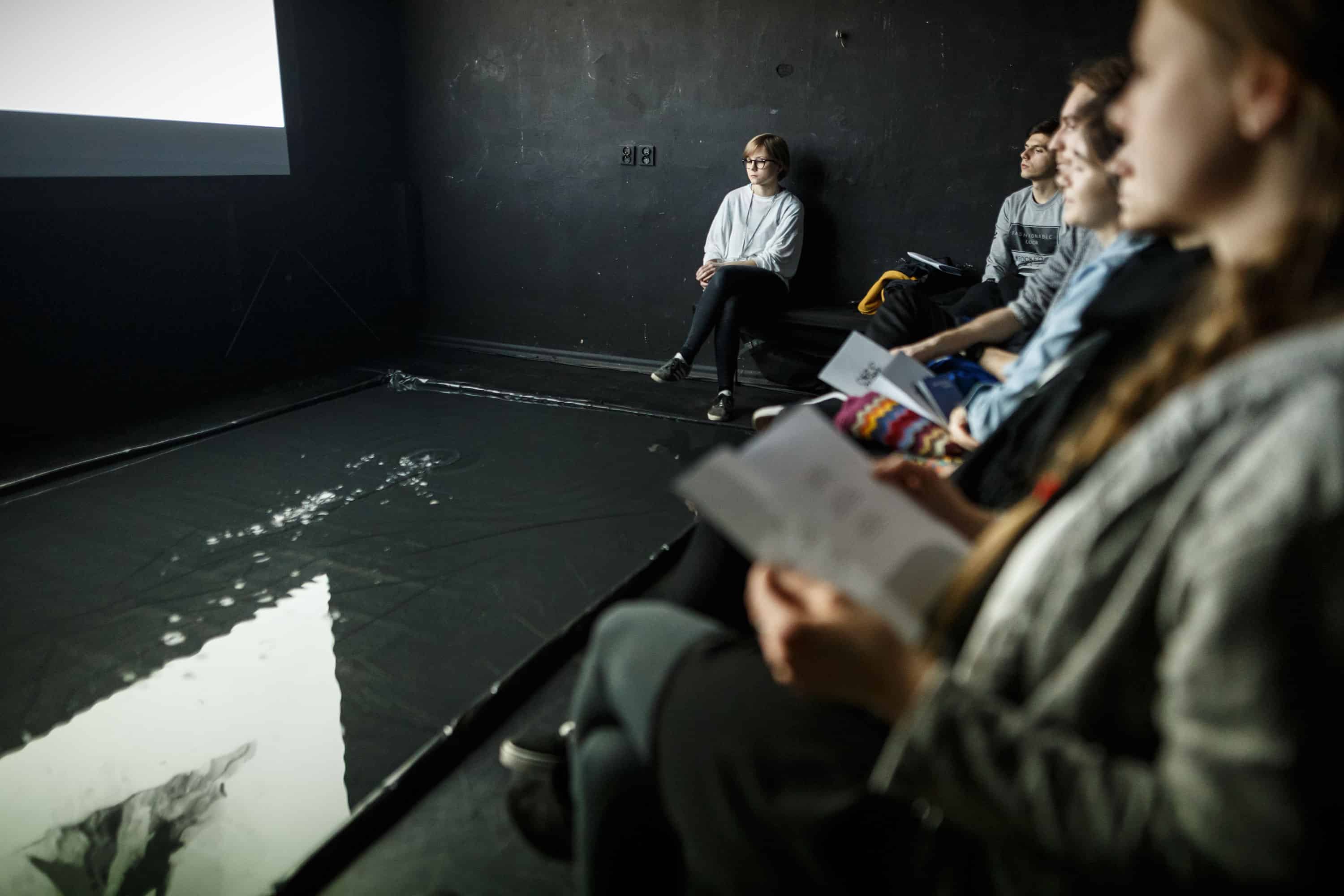This year’s edition of the Short Waves Festival organised in Poznań had an incredibly rich and inspiring programme of screenings and additional events. The young and energetic organisers did not rest on their laurels after the undeniable success of the last year’s festive tenth edition. What they proposed to us this year was a thoroughly refurbished programme which took the viewers way beyond the black box of a cinema screening room. They decided to cross the borders of film genres and challenge the limitations of the medium itself as well as of cinema aesthetics. I will now share with you a few observations I made as a viewer who spent time during the festival in Poznań visiting cinemas, concert halls and even private apartments…
A journey towards Asia
This year the focus programme was about cinema of south-eastern Asia. The three thematic programmes, namely South Asian Delights, New Frontier, Sex, Myth and Family, were proposed by John Badalu, a curator and initiator of Q!Film Festival in Indonesia, which is the biggest LGTB+ film festival in a country where Islam is predominant. John Badalu chose movies which do not follow the traditional (i.e. European) ideas and which promote an attitude of open-mindedness about the whole world. Films directed by directors from Cambodia, Philippines, Myanmar, Malaysia, Indonesia and Vietnam show us how the need for creation, dialogue and artistic expression can exist and, sometimes, how it fights for its place in a complicated political and social reality of this region.
The question of form in the context of short films
Short Waves Festival is focused on diversity. Among the films submitted for competition in the Polish and international categories, we can find a musical, a costume drama, a documentary, a cartoon and experimental films. The jury went along with this diversity concept and we just need to look at the films which got the main awards to assure ourselves of that. The third prize went to the fabulous 5-minute carton entitled Oh, God! and directed by Betina Bożek (2017). This picture shares the podium with I am a Miner’s Son by Michał Soja and Róża Duda (2018), which is an immersive documentary shot with the use of the subjective camera. The second prize in the international category went to Câm Lặng (The Mute) by An Pham Thien (USA/Vietnam, 2018). It surprises the viewers with an unconventional presentation of the uncertainty of a young girl who is about to take an important step forward in her life and of her quest for the right solution.
TRAILER Ojezu/Oh God, dir. Betina Bożek from Betina on Vimeo.
Thematic hubs
The film competition was divided into two thematic categories. Dances with Camera was about presenting dance from a wide perspective, at the same time using the traditional film techniques and choreography. The body movements and the movement of a camera, both experimental and intuitive, are the key topic of this category. The Urban Views section also had a defined main topic, i.e. city architecture and its anthropological and historical value. This became an object of fascination of moviemakers. There were also experimental movies in this category, such as Turtles are Always Home (Canada, Lebanon/Qatar, directed by Rawane Nassif, 2017) where the subjective perspective allows to depict quirky existence of a person determined by artificially arranged architecture. In this specific case the focus is on Venice architecture reproduced in Qatar. All Inclusive (Corina Schzingruber Ilić, 2018) is the film featured in the same category and it is a documentary satire revolving around tourist consumption behaviour of today. The public really appreciated Operation Jane Walk and regarded it as an original picture with enormous potential. A computer game is used in this picture which takes the viewers to an educational walk along the streets of New York.
Outside the black box
After leaving the cinema the viewers could participate in additional events, all devoted to cinema and films. Random Home Cinema was a very unconventional initiative here. The inhabitants of Poznań invited guests to their private homes and apartments and organised festival film screenings for them. The screenings offered a perfect opportunity for discussion, which could last until sunrise. KINO FORMA: Deep Black Water was an installation or rather a cinema-themed exhibition curated by Szymon Stemplewski – an initiator of the festival. It featured a set of experimental movies screened in an independent, small theatre auditorium. Stage design and music invited the viewers to meditation in front of the silver screen. Films, sound and the picture itself intertwined and guaranteed a noteworthy experience. This white box is something of interest to the organiser’s team who therefore asked a question about films screened in art galleries. How could artistic or cinema films possibly function in changing contexts? This question was supposed to be answered by the participants of Industry Talks Film art outside the box. Among them was Matt Curtis from the renowned LUX company, who kindly accepted the invitation to join the discussion. Another highlight of the festival was Fun is Part of Creation curated by Wojciech Ulman, which included screenings of young artist’ films. Viewers could immerse themselves in visual experiments of Karolina Gołębiewska, Kuba Matuszczak, Andrzej Mara and Tomasz Długosz, among others. All this concluded with the life act brainbows: a/v by Rainer Kohlberger. There was definitely a lot to see there.
I Am a Miner’s Son (2018) Trailer from Michał Soja on Vimeo.
















